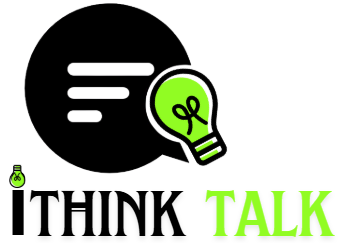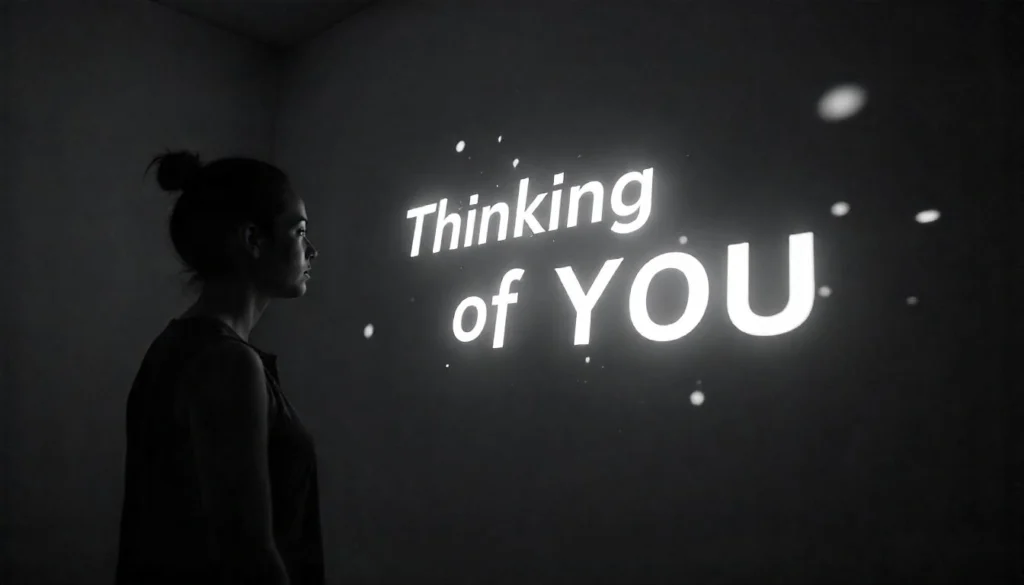In the vast landscape of contemporary hip-hop and emo-rap, where vulnerability and introspection have increasingly become central motifs, Still Think About You Lyrics stands out as a confessional tour de force. Released by the late rapper A Boogie wit da Hoodie, this track carves into the raw flesh of heartbreak, regret, and unresolved longing. Built on a minimalist melodic structure and a brooding emotional undercurrent, the song delivers a deeply personal narrative that reflects not only on lost love but on the lasting scars of betrayal.
In this analysis, we’ll explore the song’s lyrical themes, its emotive tone, and the storytelling devices that shape its structure. We’ll also compare its lyrical sensibility to similar works within the same emotional rap genre, tracing its place among the echoes of pain that define much of modern introspective hip-hop.
Verse-by-Verse Breakdown: Narrative Unfolding in Real Time
From the very first line of the song, A Boogie makes it clear that this is not a love song—it is a post-mortem of a relationship wrecked by deceit. The opening verse pulls no punches:
“I swear, this gon’ fuck the summer up / N****s hatin’ on me ’cause I’m comin’ up.”
This abrupt and jarring entrance frames the duality of the artist’s mental state. On one hand, there’s ambition and rising success; on the other, emotional devastation lingers. The juxtaposition between external triumph and internal collapse is one of the more compelling narrative tensions in the track. While the first lines may come off as braggadocious, they’re quickly undermined by a turn inward—a descent into emotional unraveling.
The verse evolves from flexing to wounded confession:
“I ain’t gon’ lie, I used to love you girl / You were my everything, now I don’t trust you girl.”
There’s an acute emotional shift here. The tone transitions from assertive to reflective, laying the groundwork for the song’s overarching theme: emotional betrayal. The heartbreak is not just rooted in love lost, but in trust broken—an idea that recurs throughout the song.
Boogie’s delivery, too, reinforces this sentiment. He doesn’t belt these lines with anger; instead, there’s a haunting detachment in his voice. He’s not shouting into the void; he’s whispering to himself, as if the song were a conversation with a ghost that won’t leave him alone.
The Chorus: The Pain that Never Ends
The hook is perhaps the most emotionally potent part of the song. It echoes repeatedly like a wound being pressed over and over again:
“I Still Think About You Lyrics / All the times we had, all the memories I wish I could undo.”
This refrain carries the emotional thesis of the track. It’s not just that he remembers her—it’s that he still thinks about her. The keyword “still” gives the pain longevity. It’s ongoing, not a moment in the past but an ever-present ache.
There’s also a certain power in the simplicity of the language. The lyrics are not overly poetic or abstract; they’re plainspoken, straightforward, and conversational. This lack of literary flourish is intentional—it mirrors the honesty and the rawness of someone bleeding in real time. There’s no metaphorical distance here, no cleverness to mask the pain. It is confessional and direct.
This is also where the emotional weight of Still Think About You Lyrics as a phrase comes into full resonance. It’s not merely a sentimental line; it encapsulates the entire identity of the song—an unresolved fixation, a looping memory that refuses to fade.
Verse Two: The Descent Into Bitterness
The second verse takes a darker, more embittered turn. Where the first verse navigates heartbreak and confusion, this section introduces a hardened tone:
“You did me dirty and I don’t deserve it / I tried to love you, but you weren’t worth it.”
The emotional complexity deepens here. It’s no longer just about what was lost; it’s about reevaluating the past through the lens of betrayal. The phrase “you weren’t worth it” carries significant narrative weight. It marks a psychological turning point—a conscious decision to detach, even if the emotions haven’t followed suit.
Interestingly, A Boogie doesn’t structure his storytelling around redemption or recovery. There’s no clear arc of healing. Instead, the song remains rooted in limbo. That’s where its power lies—it doesn’t pretend closure has been reached. It dwells in the ambiguity of emotional damage that hasn’t yet found its resolution.
Storytelling Style: Intimate and Conversational
One of the more effective aspects of the songwriting lies in its diaristic style. Still Think About You Lyrics reads less like a crafted narrative and more like a stream-of-consciousness monologue. The absence of elaborate metaphor or complex rhyme schemes serves a purpose: to preserve the emotional immediacy.
This style is emblematic of the emo-rap movement pioneered by artists like Juice WRLD and Trippie Redd, but A Boogie’s approach differs in its subtlety. He’s less theatrical, more grounded. Where Juice WORLD might dive into melodrama or metaphor, A Boogie remains earthbound, letting the pain speak for itself without adornment.
Moreover, the beat itself—muted piano chords and slow, atmospheric trap drums—acts almost like a film score, allowing the lyrics to take center stage. The sparseness of the instrumental gives the song a confessional booth vibe, amplifying its intimacy.
Comparison to Genre Peers: Where It Stands
Still Think About You Lyrics fits neatly within the emotional hip-hop canon, but its particular flavor of restrained vulnerability distinguishes it. Compared to a song like XXXTentacion’s “Jocelyn Flores,” which channels grief through sonic chaos and minimalist poetry, or Juice WRLD’s “Lucid Dreams,” which veils heartbreak in lucid dream metaphors, A Boogie opts for realism.
His lyrics don’t try to elevate heartbreak into myth—they keep it human. That’s what gives the track its punch. The pain is not sensationalized; it’s experienced. There’s a quiet dignity in that.
Even within A Boogie’s own discography, Still Think About You stands apart. Where other tracks might lean into melodic hooks or catchy club-ready rhythms, this song sacrifices commercial polish for emotional clarity. It’s not a hit single; it’s a gut-check.
Conclusion
Still Think About You Lyrics not a song about getting over someone. It’s a song about not being able to. It’s the musical equivalent of checking an ex’s social media at 2 a.m. or revisiting old photos in a moment of weakness. It doesn’t judge the listener for still feeling—it offers solidarity.
The lyrical themes—heartbreak, betrayal, confusion—are not new. But the execution is what elevates them. Through restrained vocal delivery, emotionally direct lyricism, and a subdued production style, A Boogie wit da Hoodie crafts a song that resonates not because it’s polished, but because it feels like a page torn from a journal.
In a genre flooded with dramatized pain and hyper-produced sadness, Still Think About You Lyrics finds its strength in staying simple and staying true. It doesn’t aim for closure, because not every story has it. And sometimes, the most honest thing you can say is exactly that: I still think about you.
For more on emotional expressions, check out our post on Thinking of You Cards.





